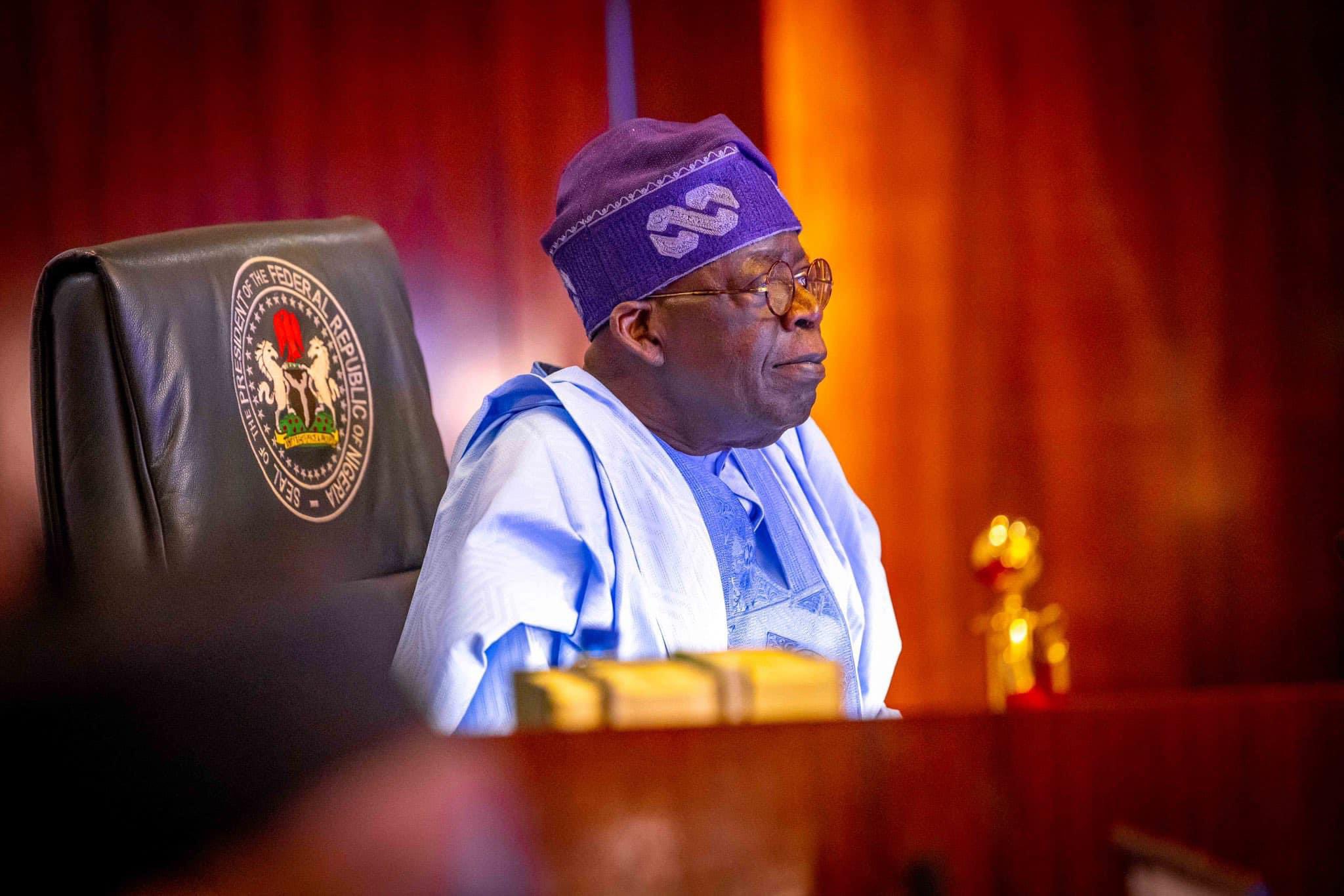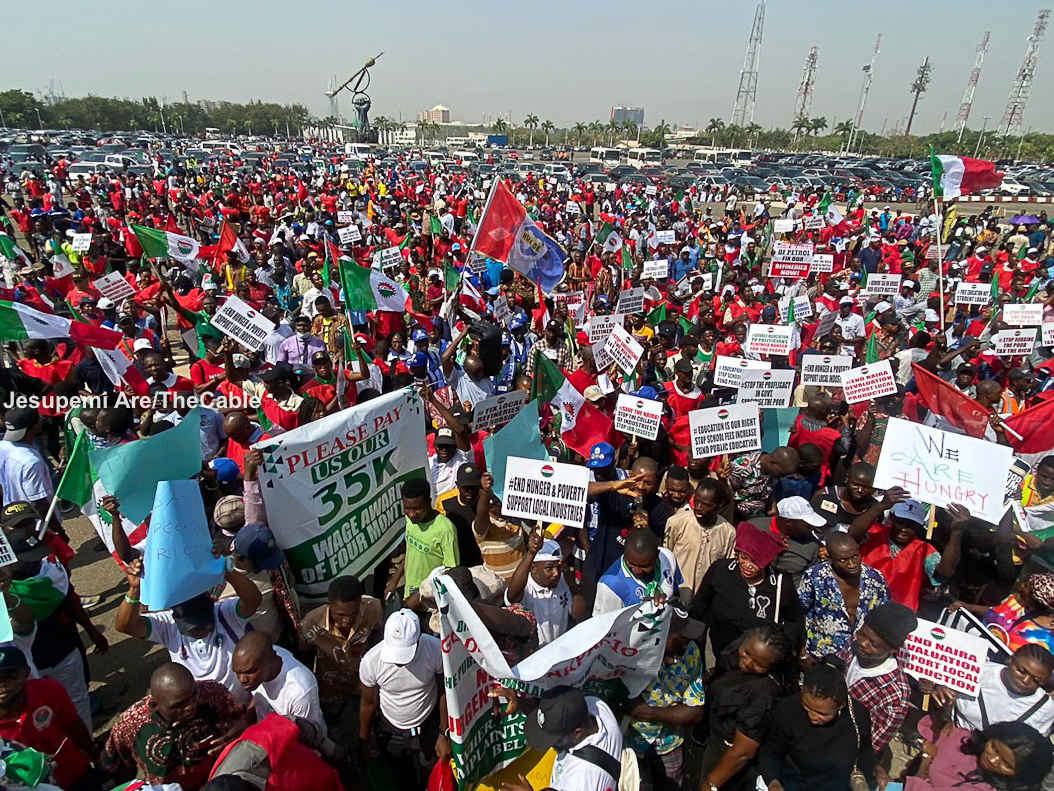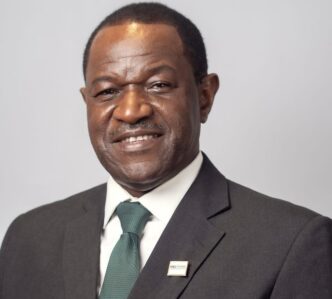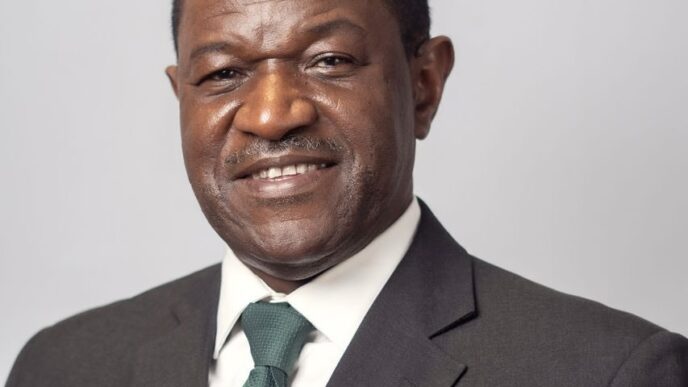BY OLU ALLEN
As 2027 inches closer, many within Nigeria’s political class are privately asking: Can President Bola Ahmed Tinubu be stopped from securing the APC ticket again?
The instinctive response is to look toward the opposition—but history suggests otherwise. Nigeria’s presidential elections are rarely won outright by external challengers. Power shifts, more often than not, begin from within.
In fact, a review of recent political cycles reveals a distinct pattern: the most successful coups against incumbents start long before general elections—and within their own parties.
Advertisement
There is growing murmuring in the north. Not necessarily hostile, but strategic. There is a sense that after eight years under Muhammadu Buhari and a Tinubu transition, it may now be the north’s turn to “stabilise the polity,” as some phrase it.
If anything is to happen, the groundwork would need to start now. And it would follow a specific trajectory—one that plays out quietly, in four phases:
Phase One: Lay the Groundwork (2025)
Advertisement
First, dissatisfaction must be seeded—not manufactured, but amplified. Economic pains, security setbacks, and reforms biting ordinary Nigerians create the perfect atmosphere for internal questioning.
Within the party, northern alliances would begin to form quietly—not in opposition to Tinubu, but in pursuit of “strategic continuity.” Relationships built during the Buhari era would be reactivated.
At the same time, subtle tensions in Tinubu’s own south-west base would begin to surface. An ambitious former governor here, a sidelined party chieftain there. These are the whispers that often precede a storm.
Phase Two: Structure and Candidate (2026)
Advertisement
The key to any internal upset lies in who controls the delegates.
Those seeking change would need to influence the party structure—from ward congresses to state conventions. Chairmen matter. So do youth leaders, women leaders, and especially those crafting the delegate lists in Middle Belt and northern states.
Then, a consensus candidate must emerge—quietly but surely. Someone northern, uncontroversial, Muslim, with national appeal and elite acceptability. Someone like Babagana Zulum, Aminu Tambuwal, or a newer face with clean hands.
This candidate would not announce too early. Instead, he would build a silent coalition, drawing endorsements behind the scenes.
Advertisement
Phase Three: The Primary Convention (Early 2027)
The primary would be everything. And by that time, a critical mass of delegates must already be aligned.
Advertisement
If consensus fails, a strategic withdrawal—just like Tambuwal’s dramatic move for Atiku Abubakarin 2018—could swing the tide in a single moment.
Narratives would shift: “Tinubu has done his part. Nigeria needs new energy.” The message would not attack, but transcend him.
Advertisement
And if institutional levers begin to question Tinubu’s health, capacity, or team choices? That too may feed the undercurrents.
Phase Four: After the Storm
Advertisement
Should Tinubu lose the ticket, the goal would not be to humiliate him, but to neutralise any backlash. Offers of legacy preservation, national honours, and a safe political retirement would follow.
His base would be split—not all willing to defect. And by then, momentum would favour unity over rebellion.
The Real Battleground Is Within
Many Nigerians believe Tinubu’s fate in 2027 will be decided on the campaign trail. But those who understand the mechanics of power know better.
The real battle will unfold in local APC meetings, northern consultations, and delegate lists drawn in dusty offices—not on TV debates or campaign posters.
If the north moves—and moves strategically—then 2027 may not be a continuation. It may be a correction.
And it will not come with fireworks. It will come like nightfall—quiet, inevitable, and within the house.
Olu Allen is a political observer and strategist who writes on governance, elite power plays, and Nigeria’s shifting political terrain. He can be contacted via [email protected]
Views expressed by contributors are strictly personal and not of TheCable.










